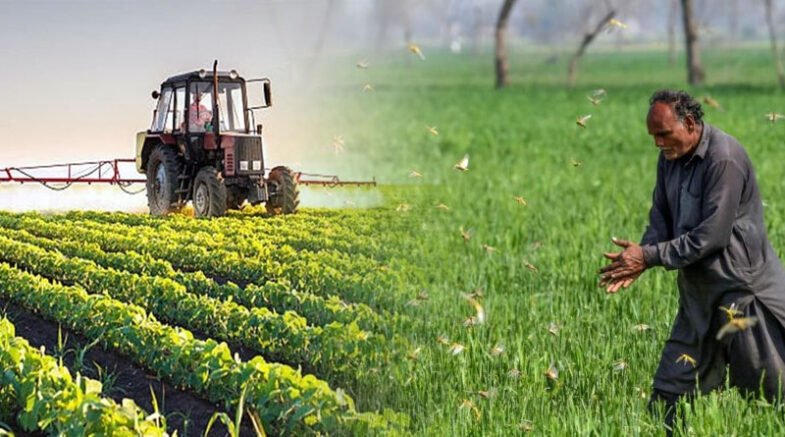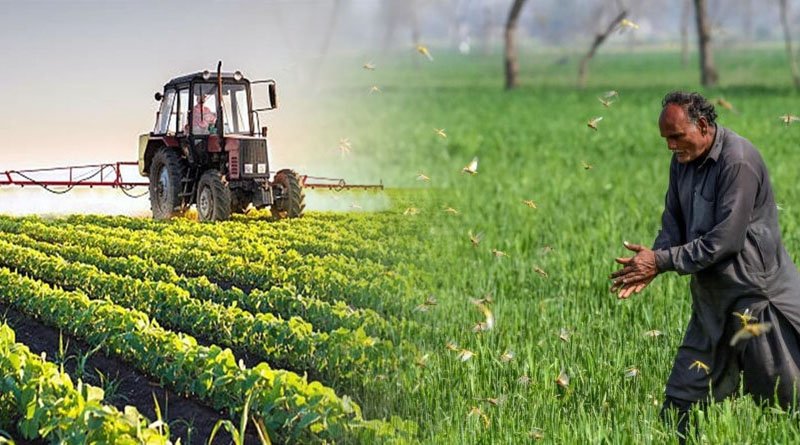“In this dire situation, the government should declare an agricultural emergency in order to save the standing wheat crop”, said PKI President Khalid Khokhar.

Pakistan’s Kissan Ittehad demanded on Wednesday that the government declare an agricultural emergency in order to address the country’s ongoing food crisis.
“It is unfortunate that farmers are forced to run from pillar to post to obtain urea fertilizer at an exorbitant rate of Rs3,000 per bag, and the common man is subjected to humiliation in his quest for a loaf for his family.” PKI President Khalid Khokhar spoke at a press conference.
“In this dire situation, the government should declare an agricultural emergency in order to save the standing wheat crop.” Because of unfavorable government policies, Khokhar believes the country will need to import wheat in 2023.
“It is unfortunate that Pakistan will support farmers in other countries by buying wheat from them at high prices rather than encouraging wheat cultivation in the country,” he said, adding that the government must act quickly to increase wheat production.
Due to a lack of raw materials for cotton, rice, and maize crops, a shortage of urea will have an impact on Pakistan’s exports. According to Khokhar, Sindh announced a wheat support price of Rs4,000/maund, but no price was announced in Punjab or KPK.
“Farmers did not maximize wheat sowing area because they did not know the support price, and the Punjab government must immediately announce Rs4,000 per maund as wheat support price to prevent wheat smuggling,” he added.
According to Khokhar, the wheat crop planted in November is now looking weak due to a lack of fertiliser input. “Wheat yield per acre will be very low this year; additionally, the government did not announce a wheat support price in 2022 to ensure wheat is planted on a large scale.”
DAP, the other main nutrient, has also been available for as much as Rs 14,000 during the wheat sowing season in November 2022, compared to Rs 6,000 in the previous Rabi. This reduced the amount of DAP applied to wheat by farmers. “The government did not help farmers by providing DAP fertiliser subsidies,” he lamented.
According to Khokhar, the government shut down two urea factories in January. “Now is the time to apply urea to wheat.” “With urea in short supply today, the wheat crop will suffer further,” he said.
Urea is being black-marketed for Rs 3,000 per bag, compared to the MRP of Rs 2,440. It is also not available to farmers. Khokhar stated that the government must immediately restart all urea factories to ensure an adequate urea supply for the wheat crop.
He strongly opposed the government’s proposal to levy GST on DAP, claiming that it would be disastrous for wheat and all other crops. “Like all other agricultural countries, including our neighbor, the government must subsidies DAP fertilizer through direct payments to farmers.” “Rather than imposing a GST on DAP fertilizer,”
